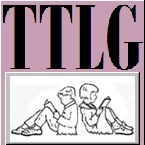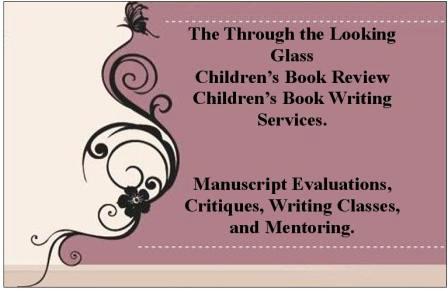The Database Of All The Reviews
Catherine the Great and the Enlightenment in Russia
Nancy Whitelaw
Non-Fiction
Ages 12 and up
Morgan Reynolds, 2005, 1-931798-27-3
Sophia Augusta Frederica was only fourteen when she had to give up the only life she had known in Germany to travel many hundreds of miles to St. Petersburg in Russia. She then had to undergo intense education in the Russian language, the Russian Orthodox religion, and the rules of the Russian court. Eventually she was officially converted to the be a member of the Russian Orthodox church, she was given the new name of Catherine, and she was married to Peter, the heir to the throne of Russia and Czarina Elizabeth’s nephew.
Unfortunately the marriage was not a happy one. Peter was boorish, ignorant, and totally unsuited to being a czar. Intelligent and ambitious Catherine decided that she would do her best to become the czarina in her own right. She worked hard to learn as much as she could about her new country and communicated with famous French philosophers to discuss the new ideas that were all the rage. Catherine became determined that she would make Russia a world power that would be respected by all of Europe.
When Elizabeth finally died in 1762 Peter took his place on the throne – with his mistress at his side. Catherine bided her time, forming relationships with people who mattered and who would be able to help her when the time was right. Finally, after a few months, Catherine made her move. Quickly and efficiently she took control and not long after the coup Catherine became the czarina. For more than thirty years she would rule Russia firmly and she certainly proved to her European neighbors that Russia and its people should not be underestimated.
This excellent biography shows readers how much a person can change with the passage of time. When she first came to Russia Catherine was very opposed to serfdom and she was determined to change the system. She would revamp Russia’s laws and curtail the power of the nobles and the clergy. But Catherine found it very hard to bring change to her adopted country. The Russians were wary of change and more often than not they strongly resisted the reforms that she tried to implement. In the end Catherine was just as despotic and repressive as her predecessors had been. She lost her idealism and embraced the systems and ideas that already existed.
After completing this interesting and well written book readers will have a very clear picture of what Catherine was like, and what her successes and failures were.


An Online Children’s Book Review Journal
Through The Looking Glass Children’s Book Reviews
Online book reviews for the child in your life featuring both new and popular children's book authors

Kids book reviews, including book reviews of chapter books, novels, picture books, and non-fiction from famous children’s literature authors. Your review site of books for children.
Welcome to Through the Looking Glass Book Reviews. We have moved! Please visit the new site at www.lookingglassreview.com to enjoy the new website.


